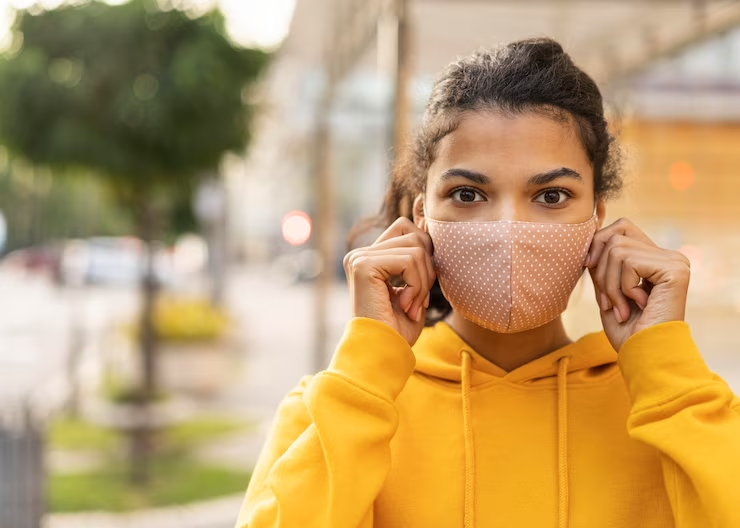Face masks have become an integral part of skincare routines worldwide, and South Africa is no exception. With its diverse climate, environmental factors, and unique skin concerns, South African skin can greatly benefit from incorporating face masks into regular skincare regimens. From hydration and detoxification to addressing specific skin issues, face masks offer a range of advantages for individuals in South Africa. In this article, we will explore the benefits of face masks for South African skin and how they can contribute to overall skin health.
- Deep Cleansing and Detoxification:
South Africa’s urban areas are often exposed to pollution and environmental toxins, which can clog pores and contribute to skin problems. Face masks, especially those containing ingredients like activated charcoal, clay, or mud, can help draw out impurities, excess oil, and environmental pollutants from the skin. This deep cleansing action aids in detoxification, unclogs pores, and leaves the skin feeling refreshed and rejuvenated.
- Hydration and Moisture:
South Africa’s diverse climate includes regions with dry and arid conditions, which can lead to dehydrated and dull-looking skin. Face masks enriched with hydrating ingredients such as hyaluronic acid, aloe vera, or glycerin can provide a much-needed boost of moisture to the skin. These masks help to replenish hydration levels, restore the skin’s natural moisture barrier, and leave the complexion plump, supple, and radiant.
- Nourishment and Nutrients:
The availability of various face mask formulations in South Africa allows individuals to address specific skin concerns and provide targeted nourishment. Masks infused with vitamins, antioxidants, or botanical extracts can deliver essential nutrients to the skin. For example, vitamin C masks can brighten the complexion and even out skin tone, while masks containing green tea extract can provide antioxidant benefits and soothe inflammation. By choosing masks tailored to specific needs, South Africans can enhance their skin health and address specific concerns effectively.
- Relaxation and Self-Care:
Using face masks is not only beneficial for the skin but also for promoting relaxation and self-care. Taking the time to apply a face mask can be a calming and pampering experience, allowing individuals to unwind and focus on self-nurturing. This practice can contribute to reducing stress levels, which is important for maintaining healthy skin. Incorporating face masks into a regular self-care routine can be an enjoyable and rejuvenating ritual, benefiting both the skin and overall well-being.
- Targeting Specific Skin Issues:
South African skin, like skin worldwide, can experience specific concerns such as acne, hyperpigmentation, or aging. Face masks formulated to target these issues can provide additional benefits beyond regular skincare products. For example, masks containing salicylic acid or tea tree oil can help control acne breakouts, while masks with niacinamide or kojic acid can assist in reducing hyperpigmentation. Anti-aging masks with ingredients like retinol or peptides can help improve the appearance of fine lines and wrinkles. Incorporating targeted face masks into a skincare routine can assist in addressing specific skin issues and promoting healthier-looking skin.
In conclusion, face masks offer numerous benefits for South African skin. From deep cleansing and detoxification to hydration, nourishment, and targeted treatment of skin concerns, face masks provide an extra layer of care and improvement for the complexion. By incorporating face masks into regular skincare regimens, individuals in South Africa can enjoy the advantages they offer, contributing to overall skin health and a radiant complexion.










